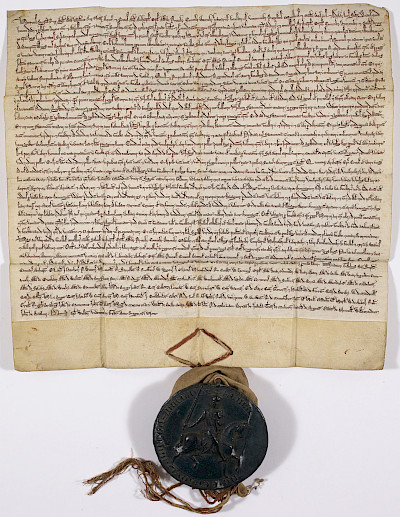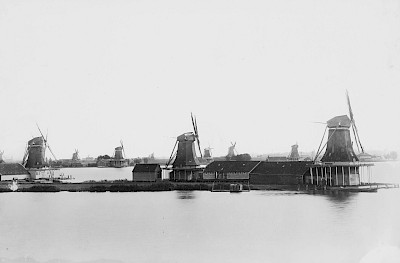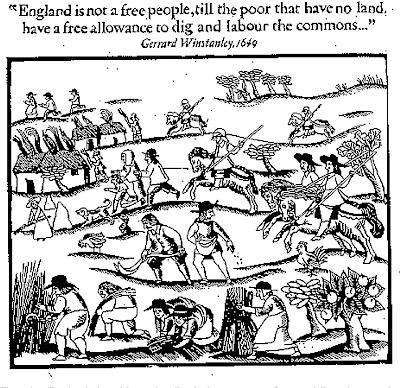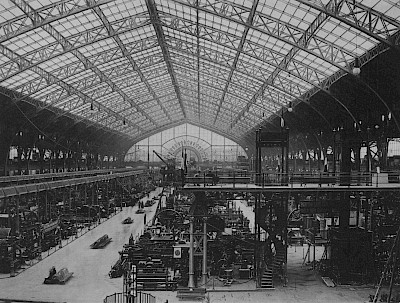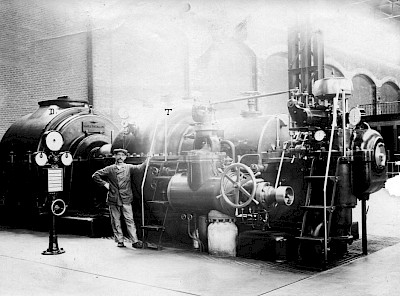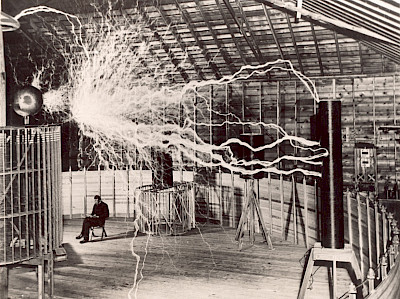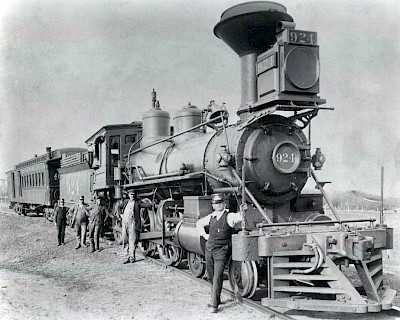Wind, solar, hydro, biomass and geothermal energy are natural resources. They in fact belong to no one and are in principle available to all. They are common goods. From the perspective of social justice, more attention therefore must be paid to the way in which decentralised renewable energy sources are managed. In a world where energy is scarce, these sources of energy will mean income for the operators. Citizens and users therefore have every interest in keeping this local energy production in their own hands as much as possible. Governments too have every interest in anchoring decentralised renewable energy with the users as much as possible so that the added value of the production also benefits society. This is especially true for wind energy, an energy source that extends over a larger area, but ultimately is exploited on a small site. The benefit of this exploitation should extend to the widest possible group of people. Thus, the exploitation of wind energy should not simply be privatised, but also allocated on the basis of socio-economic criteria.
The energy transition requires a change in attitude on the part of the population. They must learn to accept that energy production will again take place closer to home and thus be visible. It is important precisely for this reason that local residents become more involved in the planning and exploitation of renewable energy. In this, direct participation represents an advantage compared to purely financial participation. With direct participation, the shareholder is also the user of the services being invested in, and decisions are taken democratically according to the ‘one person, one vote’ principle. The focus will then return to the value provided to the user. The wind turbine is no longer seen as a financial investment that must yield a return for a limited group of shareholders, but as a system that delivers renewable energy to as many citizens as possible.
Crucial in the energy transition is that its financing is possible if we use local renewable energy sources and stop as much as possible the flow of money leaving our village, our city, our region, our country and Europe to purchase oil, natural gas, coal and uranium.
The energy transition to energy democracy, Dirk Vansintjan, REScoop, p. 61.
